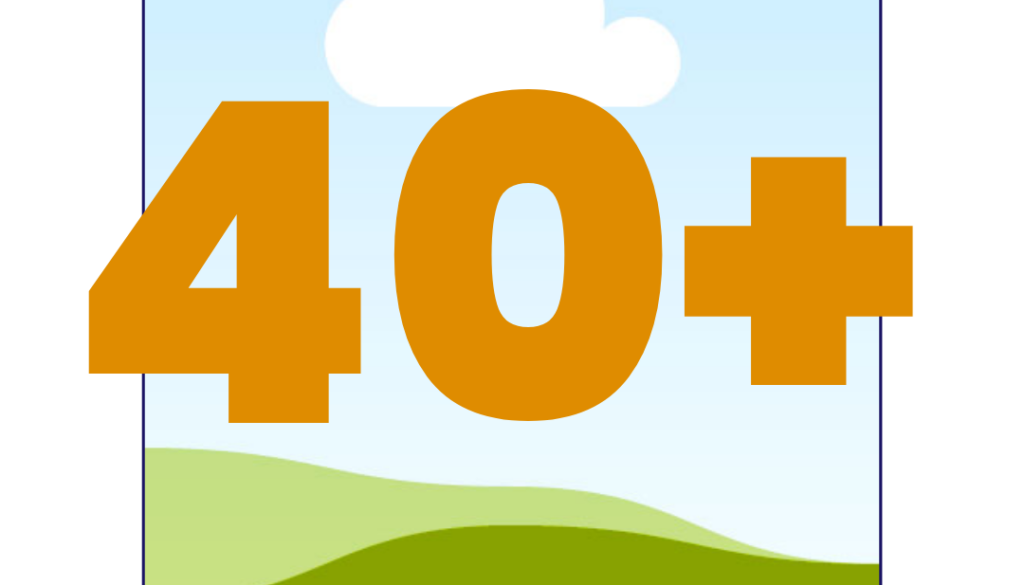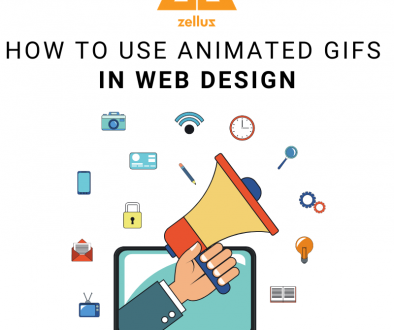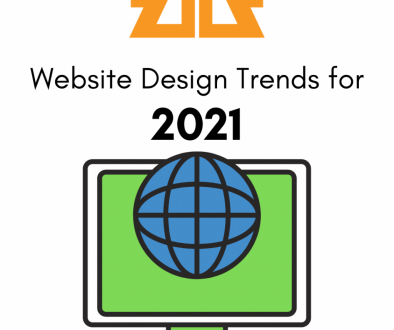40+ Questions About Website Design
1) How much do web designers make?
Web designer salaries vary depending on experience, location, and employer. According to data from the U.S. Bureau of Labor Statistics, the median annual wage for web designers in the United States is around $77,200. However, this can range from around $40,000 for entry-level positions to over $130,000 for senior positions.
2) How long does it take to build a website?
The amount of time it takes to build a website depends on the site’s complexity and the developer’s skills. For example, a basic website with a few pages can take as little as a few days to build, while a complex e-commerce site can take several months. Factors impacting development time include the number of pages, the functionality needed, and whether or not custom coding is required.
Designing a website can take anywhere from a few days to a few weeks, depending on the site’s complexity and the designer’s skills. During the design phase, the designer will create wireframes and mockups to determine the site’s layout, colors, and typography. The time it takes to design a site will also depend on the amount of input and feedback from the client.
3) How much does a new website cost?
The cost of a new website can vary widely depending on factors such as the complexity of the site, the number of pages, and the features and functionality required. A basic website can cost as little as a few hundred dollars per month, while a complex e-commerce site can cost tens of thousands of dollars. Therefore, it’s important to get a detailed quote from a web design company or developer to get an accurate idea of the cost.
4)What are the 3 types of web design?
The three types of web design are responsive, adaptive, and static. Responsive design ensures a website looks and functions well on any device, including desktops, tablets, and smartphones. Adaptive design involves creating different versions of a website for different devices. Finally, static design involves creating a website with fixed content that doesn’t change.
5) What are the 5 elements of a good website design?
The five elements of a good website design are layout, color, typography, imagery, and functionality. The layout should be easy to navigate and visually pleasing, while the color scheme should be consistent and reflect the brand. Typography should be legible and easy to read, and imagery should be high-quality and relevant. Functionality should be seamless and intuitive.
6) What skills do you need for web design?
Web designers need HTML, CSS, and JavaScript skills to build and design websites. They also need skills in graphic design, user experience (UX) design, and responsive design. Additional skills such as SEO and content creation can also be beneficial.
7) What is a web design company?
A web design company is a business that specializes in designing and developing websites for clients. They typically offer web design, development, website maintenance, and website hosting services.
8) What type of websites are in demand?
Websites in high demand include e-commerce sites, social networking sites, and sites for businesses such as restaurants, real estate, and healthcare. There is also an increasing demand for mobile-responsive sites and sites with strong SEO.
9) Can you be a web designer without coding?
It is possible to be a web designer without coding skills, although having coding skills can be beneficial. For example, web designers who don’t code may focus more on the visual aspects of a website, such as layout and typography, while leaving the coding to developers.
10) Why is it called web?
The term “web” refers to the interconnectedness of the internet. A website is
called a “web” because it consists of multiple interconnected pages and links that form a network, similar to a spider’s web..
11) What is the number 1 rule of web design and development?
The number 1 rule of web design and development is to focus on the user. The user experience should be at the forefront of all design and development decisions, from the layout and functionality of the site to the content and messaging. A user-centered approach will ensure the site is effective and easy for its intended audience.
12) Do you have to be good at drawing to be a web designer?
Being good at drawing is optional for web design. While some designers may sketch rough designs by hand, many design tools and software allow designers to create digital mockups without drawing skills. Web design focuses more on layout, typography, and user experience than traditional drawing skills.
13) Do you need to launch a new website for your business in Huntsville?
Whether or not you need to launch a new website for your business in Huntsville depends on the current state of your website and your business goals. If your current site needs to be updated or met your needs, a redesign or new site may be necessary. Assessing your business goals and determining if a new site will help you achieve them is important.
14) How will people find your website?
People can find your website through various channels, including search engines, social media, advertising, and direct referrals. Therefore, it’s important to have a strong online presence and implement strategies such as SEO and social media marketing to increase your visibility and attract visitors to your site.
15) Where will your site be hosted?
Your site can be hosted on a variety of platforms and servers, depending on your needs and preferences. Popular options include shared hosting, VPS hosting, and dedicated hosting. Choosing a hosting solution that can handle your site’s traffic and provide the necessary resources and support is essential.
16) Will you maintain your website for me?
Web design companies and developers typically offer website maintenance and support services. However, discussing maintenance needs and costs upfront is vital to ensure your site remains secure and up-to-date.
17) Should you use stock photography on your website?
Using stock photography on your website can be a cost-effective way to add visual interest to your site. However, it’s important to choose images relevant to your brand and messaging and avoid generic or overused images. Custom photography can be more impactful and unique, but it may also be more expensive.
18) What is a web design quote?
A web design quote estimates the cost and timeline for a web design project. It typically includes details such as the scope of work, deliverables, and pricing for various services such as design, development, and maintenance. A web design quote helps clients understand the costs and requirements of a project and allows them to compare different vendors.
19) Do you need a new website?
If you’re unsure if you need a new website, assessing your current site and its effectiveness in meeting your business goals is important. Consider the design, functionality, content, and user experience. A redesign or new site may be necessary if your site needs to be updated, easier to use, or meet your needs.
20) Does web design require a lot of math?
Web design only requires a little math, although having a basic understanding of math and geometry can help design layouts and visual elements. More important skills for web design include creativity, attention to detail, and problem-solving.
21) Is web design a stressful career?
Web design can be a stressful career, requiring a high level of attention to detail and the ability to work under tight deadlines. However, it can also be a rewarding career for those who enjoy creative problem-solving and working in a dynamic and constantly evolving field.
22) What should you avoid on a website?
When designing a website, avoiding elements that can negatively impact user experiences, such as slow page load times, cluttered layouts, confusing navigation, and low-quality content or imagery is important. It’s also essential to avoid violating web design best practices and guidelines..
23) Is it hard to get into web design?
Getting into web design can be challenging, as it requires combining technical and creative skills. However, many resources are available, such as online courses and tutorials, to help aspiring web designers develop the necessary skills and knowledge.
24) Will your website be search engine friendly?
Creating a search engine friendly website involves implementing keyword research, on-page optimization, and link-building strategies to improve your site’s visibility and ranking in search engine results pages (SERPs). A web design company or developer can help ensure your site is optimized for search engines.
25) Will you maintain the site for me?
Web design companies and developers typically offer website maintenance and support services, although the scope of these services may vary. It’s important to discuss maintenance needs and costs upfront to ensure your site remains secure and up-to-date.
26) What is used to build the website?
Websites can be built using a variety of tools and technologies, including HTML, CSS, JavaScript, and content management systems such as WordPress or Shopify. The choice of tools and technologies will depend on the goals and requirements of the project.
27) Can you do web design without a degree?
A degree is optional to become a web designer, but a degree in a related field such as graphic design or computer science can be beneficial. Many successful web designers are self-taught and have developed their skills through online resources, practice, and on-the-job experience.
28) Do you only create WordPress websites?
No, web design companies and developers do not only create WordPress websites. While WordPress is a popular content management system, many other platforms and technologies are available for building websites. The choice of platform will depend on the needs and goals of the project.
29) What is a poor web design?
A poor web design is difficult to use, unappealing, and fails to effectively communicate the brand or message of the site. Poor design may also include elements that violate web design best practices and guidelines, such as slow page load times, confusing navigation, and low-quality content or imagery.
30) Why do you need a site?
A website is essential for any business or organization to establish a strong online presence and connect with customers or stakeholders. In addition, a website can serve as a hub for marketing and communications, provide a platform for e-commerce, and help build credibility and authority in your industry.
31) When do you want to start incorporating SEO?
To start incorporating SEO into your website, it’s important to conduct keyword research, optimize on-page elements such as title tags and meta descriptions, and develop a content strategy incorporating targeted keywords and phrases. It’s also important to stay up-to-date with search engine algorithms and best practices to optimize your site.
32) Can you be a self-taught web designer?
Yes, many successful web designers are self-taught and have developed their skills through online resources, practice, and on-the-job experience. However, it’s important to continue learning and staying up-to-date with industry trends and best practices to remain competitive.
33) Is web design still a thing?
Yes, web design is still crucial to creating effective and engaging websites. As technology and user preferences evolve, web design will play an important role in creating user-friendly, accessible, and visually appealing online experiences.
34) What does the web design stand for?
Web design refers to designing and developing visually appealing, user-friendly, and effective websites to achieve their intended goals. It involves a range of skills and disciplines, including graphic design, user experience (UX) design, and web development.
35) How to improve an online shop with WooCommerce experts?
To improve an online shop with WooCommerce experts, businesses can work with experienced designers and developers to optimize their online store. This may involve improving the design and user experience of the site, adding features such as product filters or personalized recommendations, and optimizing the checkout process. WooCommerce experts can also help businesses develop effective marketing and sales strategies to increase conversions and revenue.
36) Why should your site be secure?
A secure website is essential for protecting sensitive information and maintaining users’ trust. A secure site helps prevent data breaches, hacking, and other security threats that can result in the loss of customer data, financial loss, and reputational damage. A secure site can also help improve search engine rankings and user experience.
37) What are the 7 phases of web design?
The 7 phases of web design typically include planning, research, wireframing, design, development, testing, and launch. Each phase involves different activities and deliverables, and the process may vary depending on the needs and requirements of the project.
38) How much do you have to do on the website?
The amount of work required on a website will depend on the project’s scope and requirements. A basic website with a few pages may require minimal work, while a complex e-commerce site or custom application may require extensive design and development work. It’s important to have a clear project scope and timeline to ensure all necessary work is completed on schedule.
39) What are the five golden rules of web designing?
The five golden rules of web designing include simplicity, consistency, user-centered design, visibility, and accessibility. These principles help ensure that websites are effective, user-friendly, and visually appealing.
40) Does the speed of your website matter?
Yes, the speed of your website is an important factor in user experience and search engine rankings. Slow-loading pages can frustrate users and lead to higher bounce rates, while fast-loading pages can improve user satisfaction and engagement. Website speed is also a ranking factor in search engine algorithms, so a slow website may hurt your search engine visibility.
41) What is the basic idea of web design?
The basic idea of web design is to create visually appealing, user-friendly websites that effectively communicate the brand or message of the site. Web design involves various skills and disciplines, including graphic design, user experience (UX) design, and web development. The goal of web design is to create engaging, effective online experiences that meet the needs and goals of the target audience.



